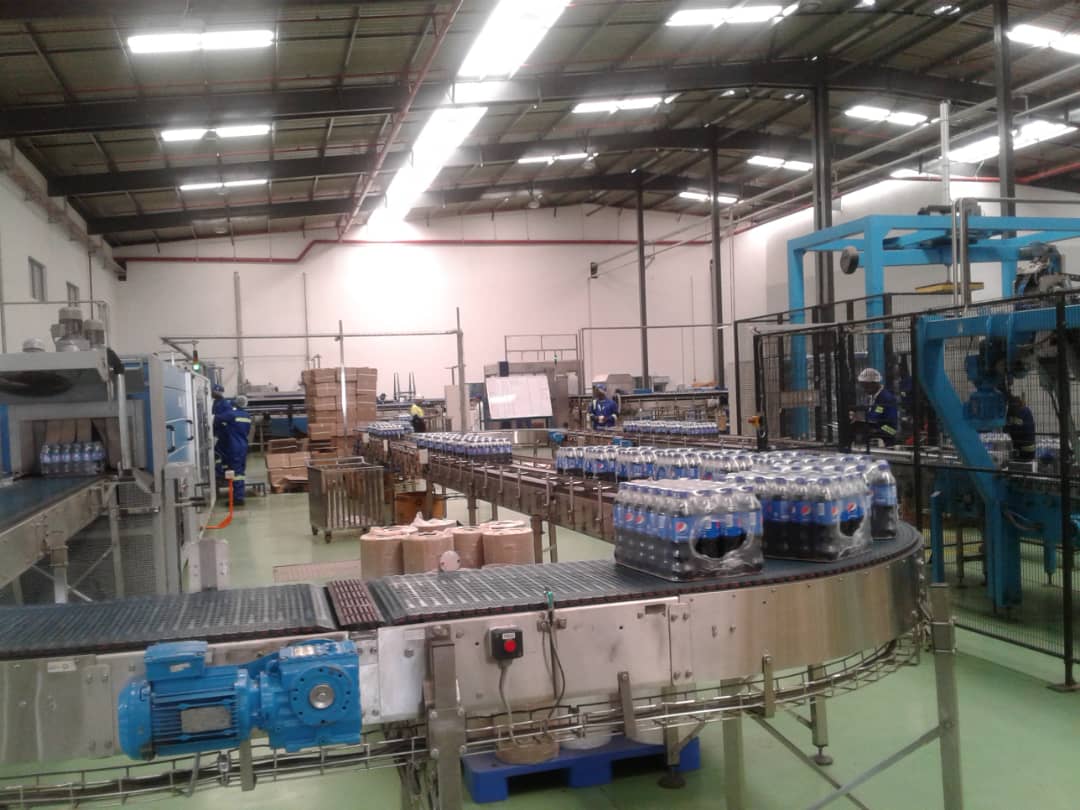Derick Tsimba
Zimbabwe has an opportunity to timeously plan for the future in order to attain Vision 2030 as envisaged by His Excellency, President Emmerson Mnangagwa. By taking notes from Governments blue print, the Transitional Stabilisation Programme (TSP), the economy should benefit from retooling of the local industry and utilization of local raw materials to turn them into goods. Retooling of local industry has potential to ensure they generate goods for export across the continent since the country remains the gateway to Southern Africa.
Regardless of the challenges the economy faces, Zimbabwe has its position as a gateway and a regional transit country which needs one stop border posts on all borders to increase efficiency. The country should also operate a goods and dry fuel port to service the whole of Southern African region.
Industry should support Government and give guidelines on the policy formulation that result in the enrichment of the industry at large. The country is largely indebted to make use of its resources that have been bestowed to it by the Almighty and attain the vision 2030 of a prosperous and empowered upper middle income society.
To attain vision 2030, Government has started implementing economic reforms some of which are painful, yet unavoidable. The economy continues to be affected by market distortions which in turn are affecting the people’s standards of living as some unscrupulous business practices are concerned with making super profits at the expense of genuine hard work.
Over the past years, Zimbabwe’s manufacturing sector has been malfunctioning because of the following challenges, obsolete equipment, corruption, failure of securing lines of credit and shortage of foreign currency among other challenges.
Having recognised these challenges, the Ministry of Industry and Commerce for the period of 2019 to 2023 has managed to put in place measures to launch a Zimbabwe National Development Policy guided by Vision 2030 in the long term and TSP in the short term.
To bridge the gap within the non-performance of industry, Government needs to be strict with industry to abide on the road required to revamp the nation. In the process, Government in partnership with the private sector, should have an opportunity to put into place operational strategies that promote the retooling of Zimbabwe’s industry.
The Ministry of Industry and Commerce commenced the process of promoting industrialisation of the nation through ensuring the efficient allocation of resources to redirect focus on exports. Some of the targeted products with the potential to earn the country foreign earnings include; horticulture, cement, leather, pharmaceuticals, dairy, textiles, clothing, fertiliser and chemicals. These are expected to reach capacity utilisation of 100% by 2030 according to Minister of Finance and Economic Development, Prof Mhtuli Ncube.
Zimbabweans in all should unite and behave in a way that contributes to national building. Today, the country has become deeply sunk and affected by inflation because the use of money remains highly active on the parallel market. The parallel market continues to flourish because of Zimbabwean buyers and sellers who continue to participate in it for personal enrichment without considering their activities effects to the economy at large.
Currently, the New Government guided by His Excellency, President Emmerson Mnangagwa seeks to transform and rebuild the economy of the country by fighting the scourge of corruption, focussing on building the backbone of the economy through agriculture initiatives and infrastructure development.
Government continues to spearhead productivity through capacity utilisation. Key success areas are in the manufacturing sector, road network construction and maintenance, investments in the mining, agriculture and tourism sectors. Provisions to retool these economic sectors are already in place with potential to turn around the economy.




